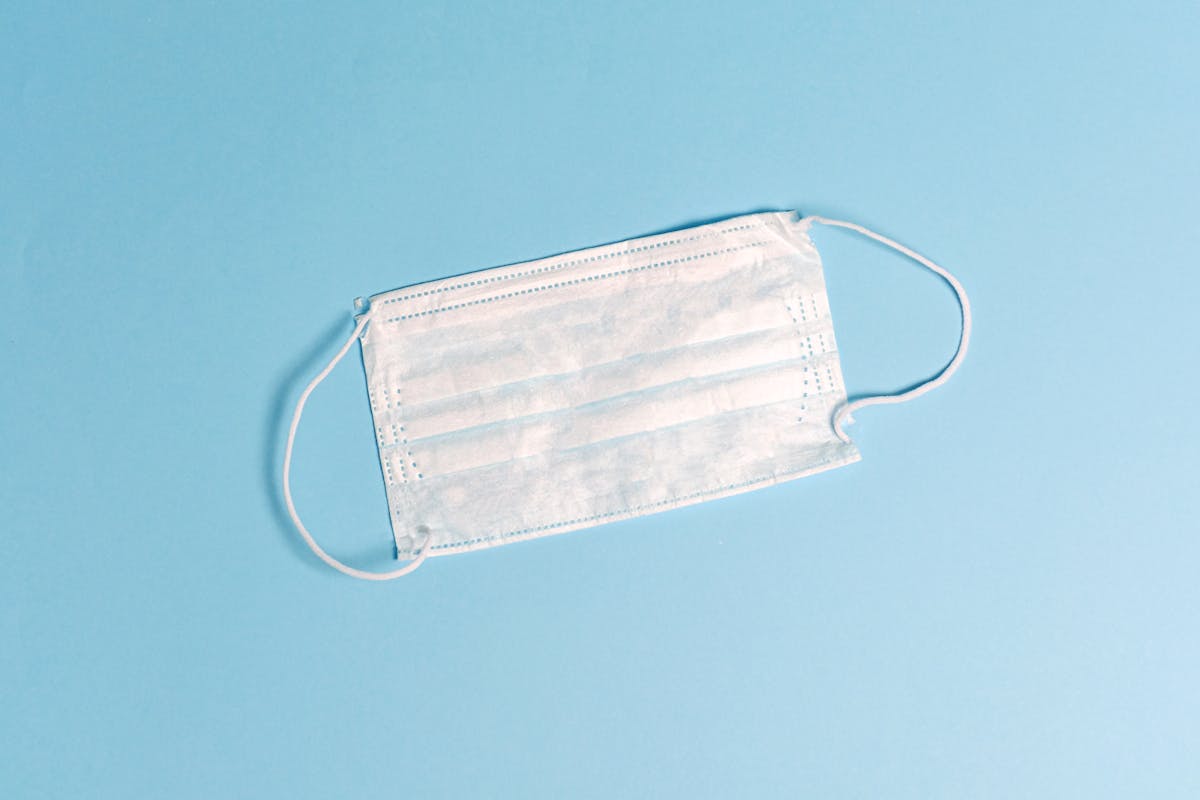Complete Guide to NAFDAC Compliance for Pharmaceutical Imports in 2025
Navigate the latest NAFDAC requirements and ensure smooth customs clearance for your pharmaceutical shipments. This comprehensive guide covers everything you need to know about importing pharmaceuticals into Nigeria in 2025.

Introduction to NAFDAC Pharmaceutical Import Regulations
The National Agency for Food and Drug Administration and Control (NAFDAC) serves as Nigeria's primary regulatory body for pharmaceutical products. In 2025, NAFDAC has implemented several updates to its import regulations, making compliance more critical than ever for pharmaceutical importers.
Whether you're importing life-saving medications, vaccines, medical devices, or pharmaceutical raw materials, understanding and adhering to NAFDAC requirements is essential for successful customs clearance and legal distribution in Nigeria.
Key NAFDAC Requirements for 2025
1. Product Registration and Permits
All pharmaceutical products must be registered with NAFDAC before importation. The registration process involves:
- Product Dossier Submission: Comprehensive documentation including manufacturing details, quality specifications, and clinical data
- Good Manufacturing Practice (GMP) Certification: Valid GMP certificate from the country of origin
- Certificate of Pharmaceutical Product (CPP): Issued by the regulatory authority in the manufacturing country
- Import Permit Application: Specific permit for each shipment or batch
2. Documentation Requirements
NAFDAC requires specific documentation for each pharmaceutical import shipment:
- Valid NAFDAC Import Permit
- Commercial Invoice with detailed product descriptions
- Packing List specifying batch numbers and expiry dates
- Certificate of Analysis from the manufacturer
- Bill of Lading or Airway Bill
- Insurance Certificate
- End User Certificate (for controlled substances)
3. Cold Chain and Storage Requirements
Temperature-sensitive pharmaceuticals require special handling:
- Continuous temperature monitoring during transport
- Temperature excursion reports if deviations occur
- Qualified cold storage facilities at ports
- Proper packaging with temperature indicators
Step-by-Step NAFDAC Compliance Process
Step 1: Pre-Import Planning
Before initiating any pharmaceutical import, ensure:
- Product is registered with NAFDAC
- Import permit is valid and covers the intended quantity
- All documentation is complete and accurate
- Cold chain requirements are understood and planned
Step 2: Documentation Preparation
Work with experienced logistics partners to prepare all required documentation. This includes:
- Verifying document authenticity and completeness
- Ensuring batch numbers match across all documents
- Confirming expiry dates meet NAFDAC minimum requirements
- Preparing backup documentation for contingencies
Step 3: Customs Clearance Process
The customs clearance process involves several stages:
- Document Submission: Submit all required documents to NAFDAC and Customs
- Physical Inspection: NAFDAC officials inspect the shipment
- Laboratory Testing: Random samples may be taken for quality testing
- Clearance Approval: Final approval for release from customs
Common Compliance Challenges and Solutions
Challenge 1: Documentation Delays
Problem: Incomplete or incorrect documentation leading to clearance delays.
Solution: Work with experienced logistics partners who understand NAFDAC requirements and maintain document checklists for each product type.
Challenge 2: Temperature Excursions
Problem: Temperature-sensitive products experiencing temperature deviations during transport.
Solution: Implement robust cold chain management with continuous monitoring, backup cooling systems, and rapid response protocols.
Challenge 3: Regulatory Changes
Problem: Keeping up with evolving NAFDAC regulations and requirements.
Solution: Partner with logistics providers who maintain current regulatory knowledge and have direct relationships with NAFDAC officials.
2025 Updates and Changes
NAFDAC has introduced several important updates for 2025:
- Digital Documentation: Increased emphasis on electronic submissions and digital tracking
- Enhanced Serialization: Stricter requirements for product serialization and track-and-trace
- Expedited Processing: Fast-track options for essential medicines and emergency supplies
- Risk-Based Inspections: More targeted inspections based on product risk profiles
Best Practices for NAFDAC Compliance
1. Maintain Strong Regulatory Relationships
Establish and maintain positive relationships with NAFDAC officials through:
- Regular communication and updates
- Proactive compliance reporting
- Participation in industry forums and consultations
- Transparent and honest dealings
2. Invest in Quality Systems
Implement robust quality management systems that include:
- Document control and version management
- Temperature monitoring and data logging
- Batch tracking and traceability systems
- Regular internal audits and reviews
3. Partner with Experienced Logistics Providers
Choose logistics partners who offer:
- Deep NAFDAC regulatory knowledge
- Established relationships with regulatory bodies
- Specialized pharmaceutical handling capabilities
- Proven track record of successful clearances
The Role of Professional Logistics Partners
Navigating NAFDAC compliance can be complex and time-consuming. Professional logistics partners like EHS Chain's pharmaceutical logistics division provide invaluable support through:
- Regulatory expertise and current knowledge
- Document preparation and verification services
- Cold chain management and monitoring
- Direct liaison with NAFDAC officials
- Emergency response and problem resolution
Conclusion
NAFDAC compliance for pharmaceutical imports requires careful planning, detailed documentation, and ongoing attention to regulatory requirements. The 2025 updates emphasize digital transformation and risk-based approaches, making it more important than ever to work with experienced partners who understand the evolving landscape.
By following the guidelines outlined in this comprehensive guide and partnering with qualified logistics providers, pharmaceutical importers can ensure smooth customs clearance and successful distribution of life-saving medications in Nigeria.
Need Help with NAFDAC Compliance?
EHS Chain's pharmaceutical logistics specialists have extensive experience with NAFDAC requirements and can help ensure your imports meet all regulatory standards.
Get Expert Assistance